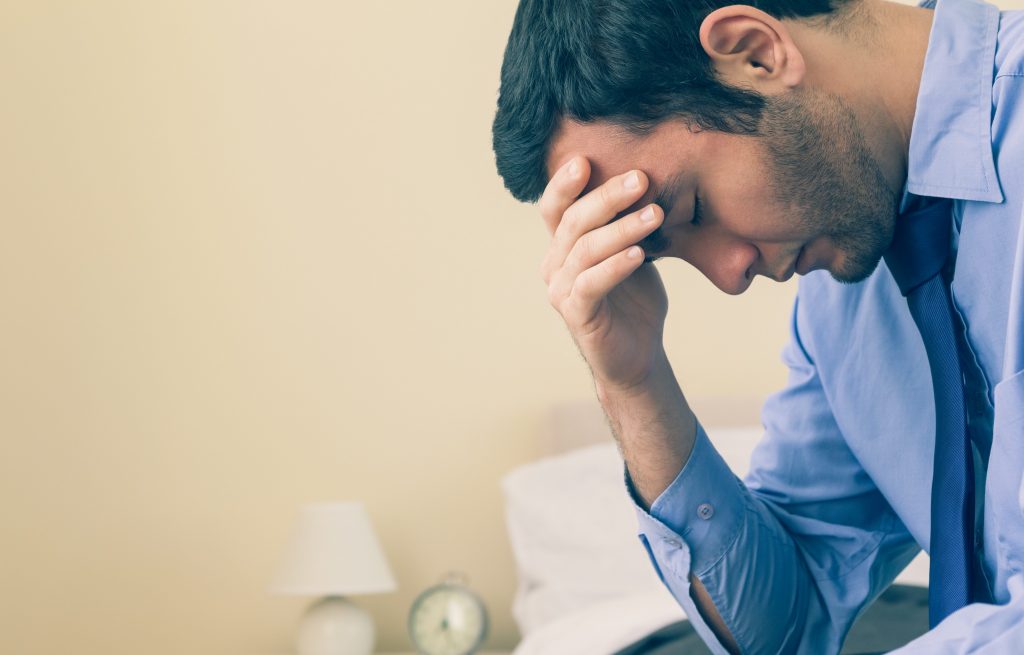Listen to this 8-minute radio interview with Larry Cohen, LICSW, Chair and Cofounder of the National Social Anxiety Center, about what social anxiety is. (It aired in August, 2016 on the Not Broken radio show of the Canadian Mental Health Association.)

Social Anxiety is Common
Social connection is an important human need. For many people, social interaction triggers fear and worry. The anxiety is usually caused by the fear of being judged, criticized by others, or embarrassing oneself. Being the center of attention such as receiving an award or having others acknowledge your birthday can also be anxiety provoking.
Social anxiety is a common human experience. Most people experience some anxiety, particularly in unfamiliar situations. Roughly 12% or 15 million Americans, at some point in their lives, will experience debilitating social anxiety defined by significant impairment in regular functioning. Typically, they avoid situations that are important or endure them with a great deal of distress.
There are a variety of situations and settings where a person could experience social anxiety.
